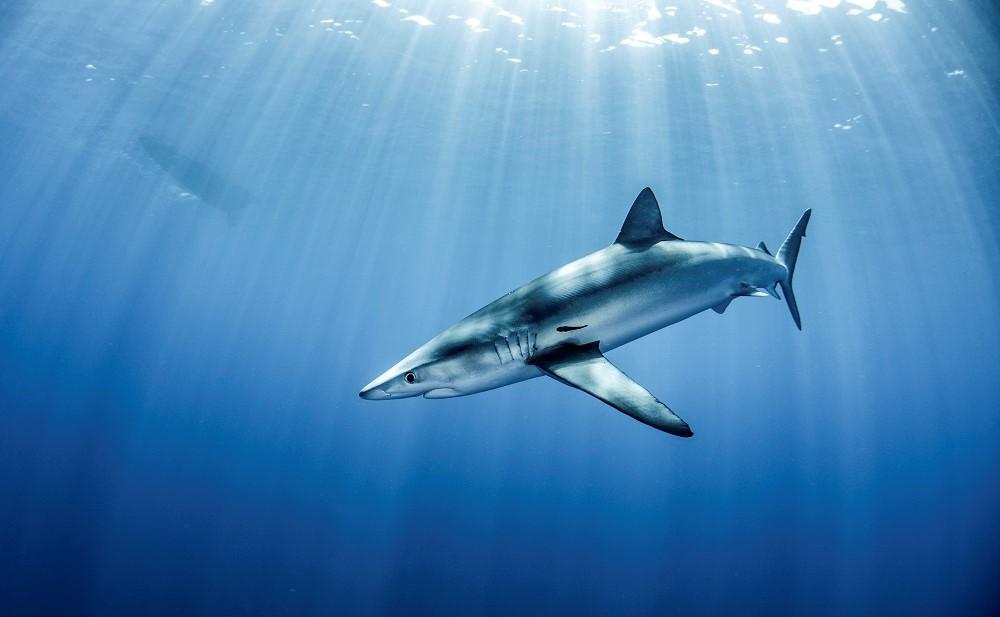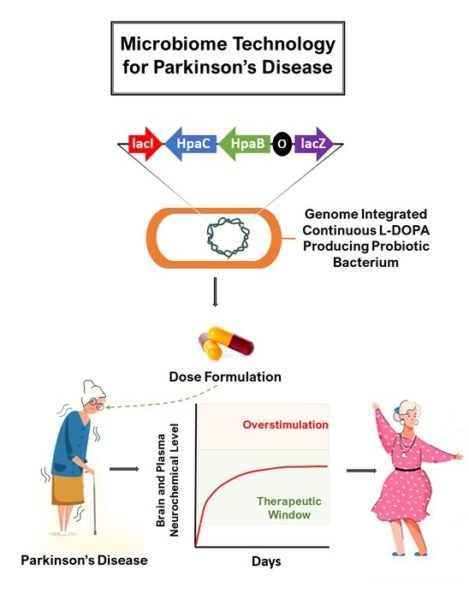Depression, dizziness, difficulty focusing the gaze and balance problems. Many professional athletes who have sustained head trauma in sports have lingering symptoms that affect everyday life. Little help has been available as the cause has been unknown. A clinical study from Lund University in Sweden can now show that the problems originate in an injury […]
Read More








